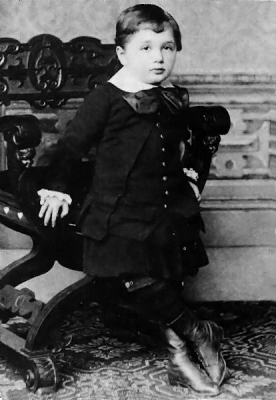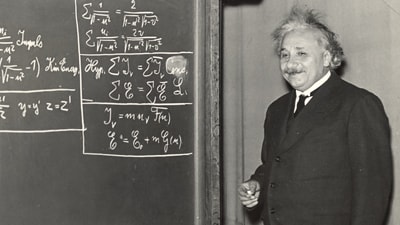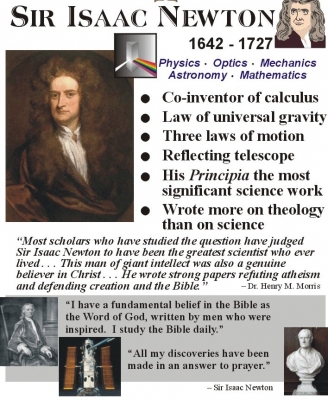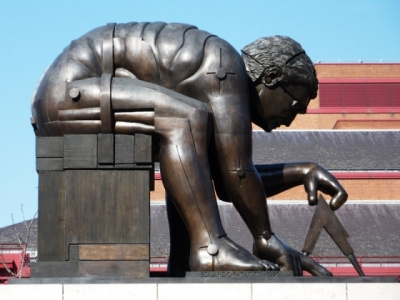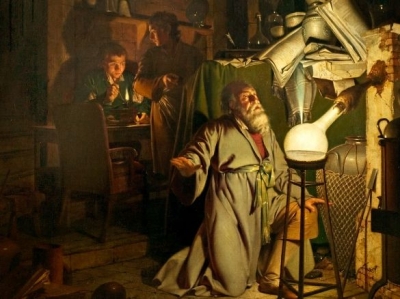
Einstein’s mother bought a violin and hired a music teacher to give him lessons when he was six years old. Though he was not too eager to attend classes in the beginning, he soon came to love playing the violin. Einstein and his mother would play duets with her accompanying him on the piano.
His love for music stayed with him throughout his life. Einstein was often seen carrying his violin case during his time at Princeton. He would solve complex mathematical problems in his head while improvising on the violin he nicknamed Lina. Playing his violin alone or with others gave Einstein great pleasure and relaxation. He resolved many problems in his personal life and science by taking refuge in music.
Picture Credit : Google

